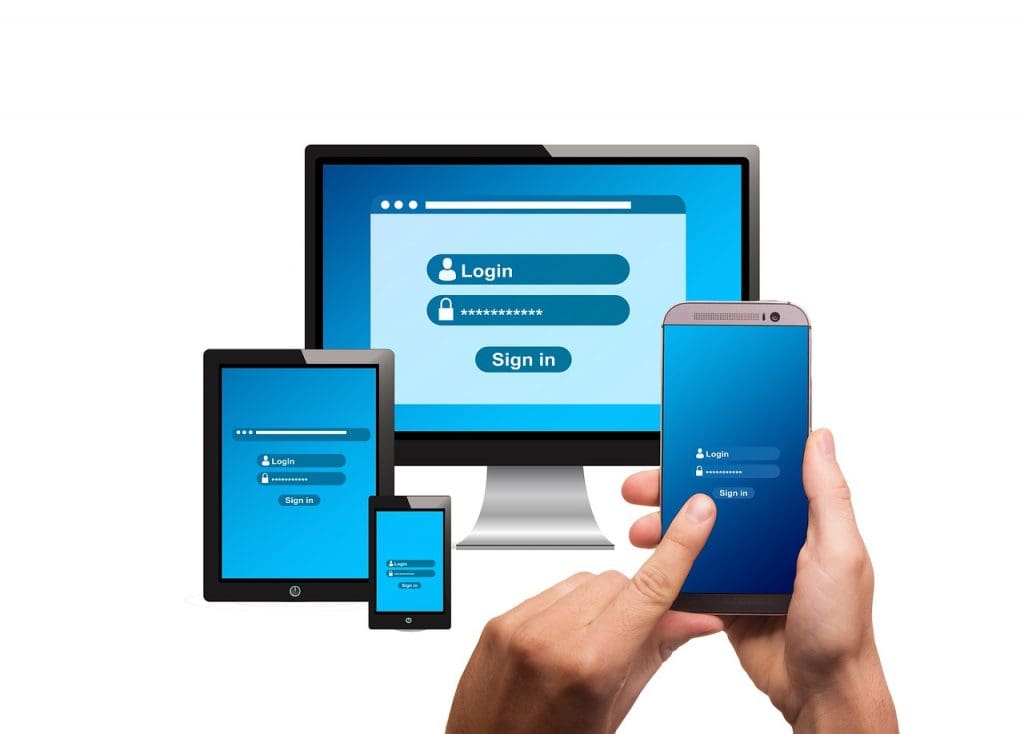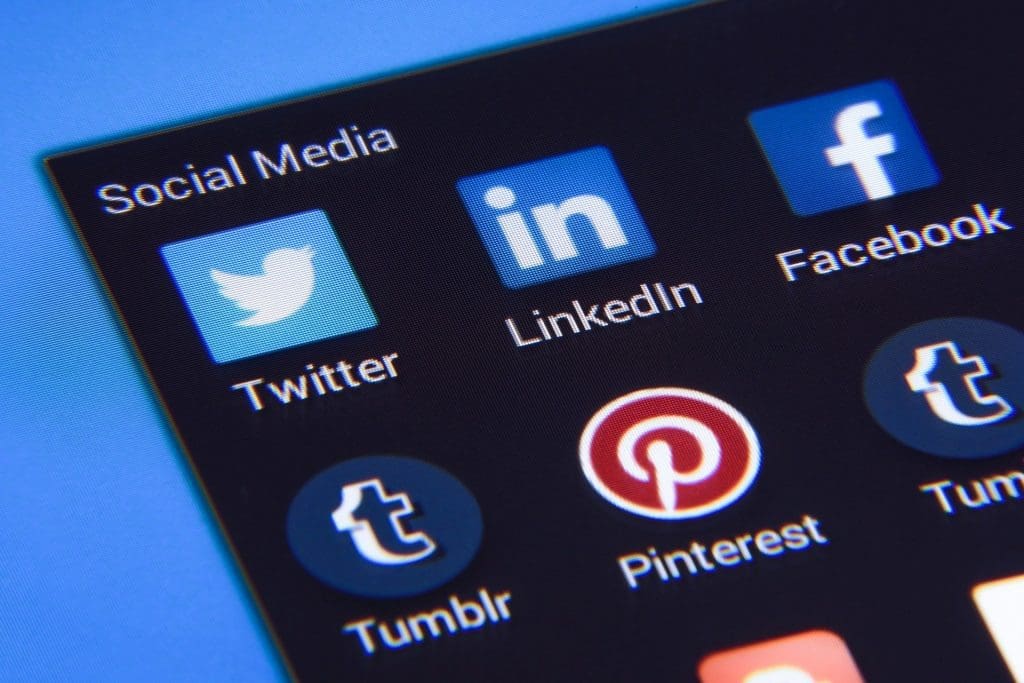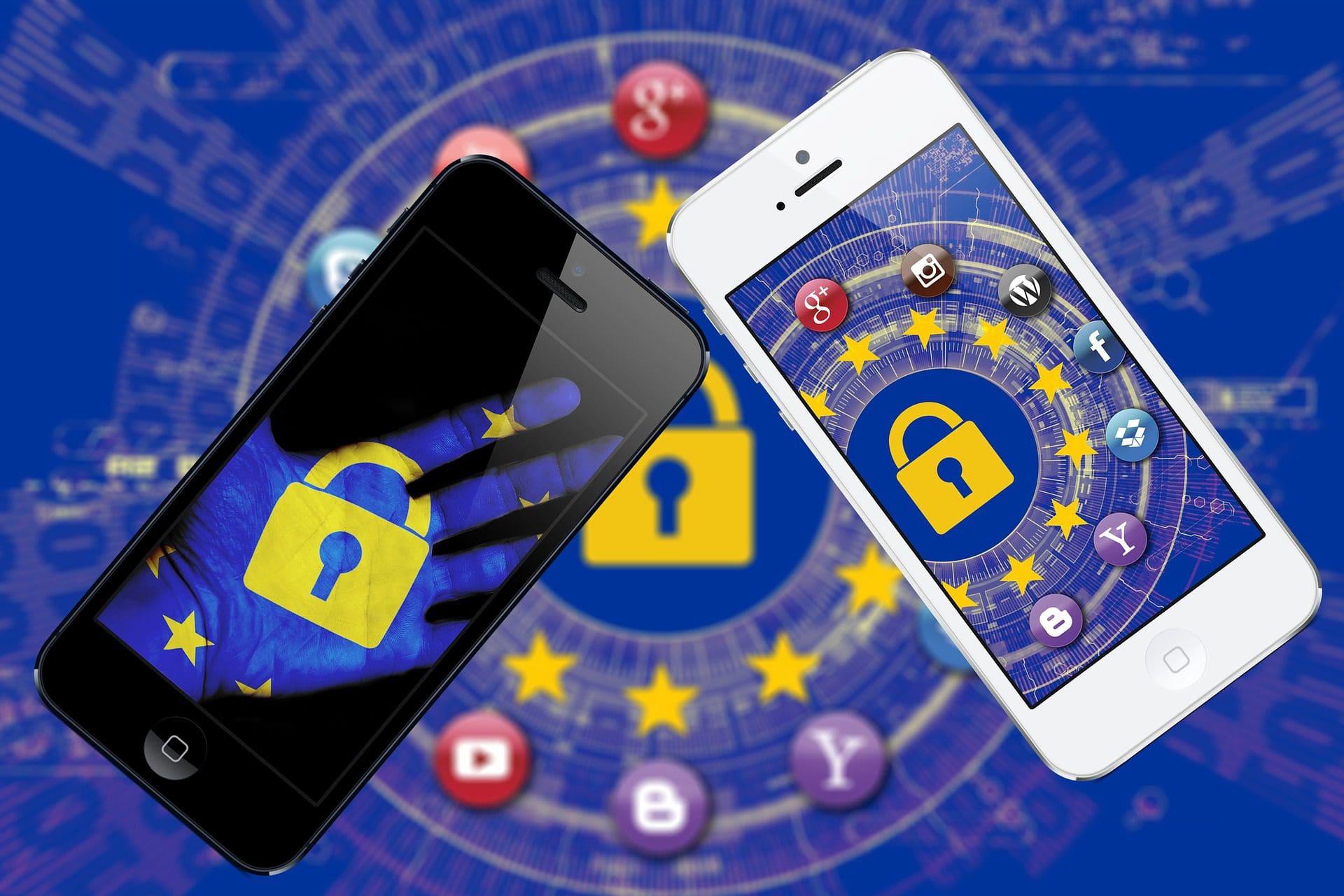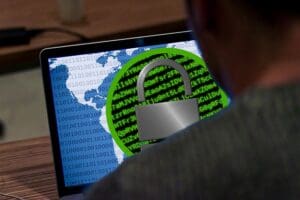The new marketing generation is guided by data analytics to help predict sales patterns and meet individual customer needs. Websites also access visitors’ browsing history to analyze consumer behavior and feedback on most platforms. Consequently, there is an increasing number of companies and advertisers who see gold in your personal data. In fact, some companies even go rogue and mine your personal data from consumers and web visitors without their consent. Such practice puts you in a vulnerable position in terms of privacy and digital freedom. It is important to know how to protect your personal data online.
Therefore, any internet user must practice proper hygiene for privacy and personal data protection. Moreover, you’ll only get enough out of the internet if your freedom isn’t threatened or infringed. Protecting yourself from possible data exfiltration can save you from unwarranted malware attacks, online fraud, and social integrity. Remember, the generation X hackers aren’t interested in hacking your bank account, but will still get you to give them the money. Data and, most specifically, private data is priceless to some extent, and no one would afford to get theirs in the wrong people’s hands.
So, in what five ways can you protect your personal data online? Well, they include but aren’t limited to the following:
Cybersecurity practice

Hi-tech hackers and scrupulous data miners don’t have to be next door to do exfiltration. Surfing the internet on a home-encrypted network makes you vulnerable by exposing you to other malicious third parties. If your IP address is carelessly exposed, you can be hit and have your sensitive, private, and useful data in the hands of cybercriminals. While some criminals may demand ransom to have valuable data, some will actually wash down your reputation with the same, especially if it doesn’t attract big value. Therefore, there is no need to pay the price while you can use a VPN to hide your IP address and encrypt your internet connection from home so that others online cannot see it that easily. That way, there’ll be a safe barrier between you and any sort of malicious surveillance.
Data backup
Another way of protecting your data is by backing it up. Some cyberthreats are channeled to infect gadgets with ransomware or malware to crash data. In that case, data backup is the only sure way of restoring lost data. Backing up data can also save you when someone locks your access to essential data.
Reliable solutions to data backup include cloud storage options and external storage devices.
Stronger passwords

Losing a smartphone or any internet gadget isn’t anything that is out of the ordinary in the modern world. But what about losing your smartphone and making all the data inside it accessible to someone who finds or steals it? How about having social media accounts and e-wallets passcodes that can be easily cracked in the same way?
Well, having a weak password makes you ten times more vulnerable than when having a stronger password. We recommend that you have stronger passwords of at least ten characters each. It also helps if you include uppercase letters, lowercase letters, special letters, and numerals. Strong passwords are important to protect your personal data online
Verify websites
When surfing, you are most vulnerable when entering unsecured websites compared to secure websites. Google, too, has been at the forefront to protect internet users’ privacy by ranking sites that are SSL certified. Logging in or transacting on unsecured websites exposes you to many cybercriminals as the encryption is turned off. Such sites target sensitive information such as bank card details and e-wallet passcodes.
Before making any online transaction or filling in personal details, it is imperative to confirm whether the website is secure or not. Reputable websites that can be trusted will always have a green-colored lock-like icon that assures you of security. These websites will also have cookies that permit you to enable them to access your data or not. In other words, users have access to site settings and can tune them to suit their needs and experience.
Avoid sharing data on social sites

Lastly, it would also help if you avoid sharing any sort of personal data on social media sites, especially with new friends or the so poised “agents.” Malicious third parties tend to exploit the human aspect of bias and behavioral science. In other words, they don’t need arsenal software or sophisticated IT knowledge to bypass your gadget but instead lures you into allowing them in. That includes any form of suspicious attachments and dubious links that any social media might ask you to click. Over-friendliness in the social media circle makes you an easy target because once you share data or click such links, you already let in the hackers and data miners without knowing. To solve that, you should limit how often you share your information such as physical location, photos, browsing activities, phone numbers, and passwords.
The first preventive step to securing your digital freedom and online privacy begins with you. Stay updated with the latest cybersecurity trends to remain safe, and above all, mask your digital footprints with a reliable VPN. You need to be diligent to protect your personal data online.
Featured Image by Pete Linforth from Pixabay










